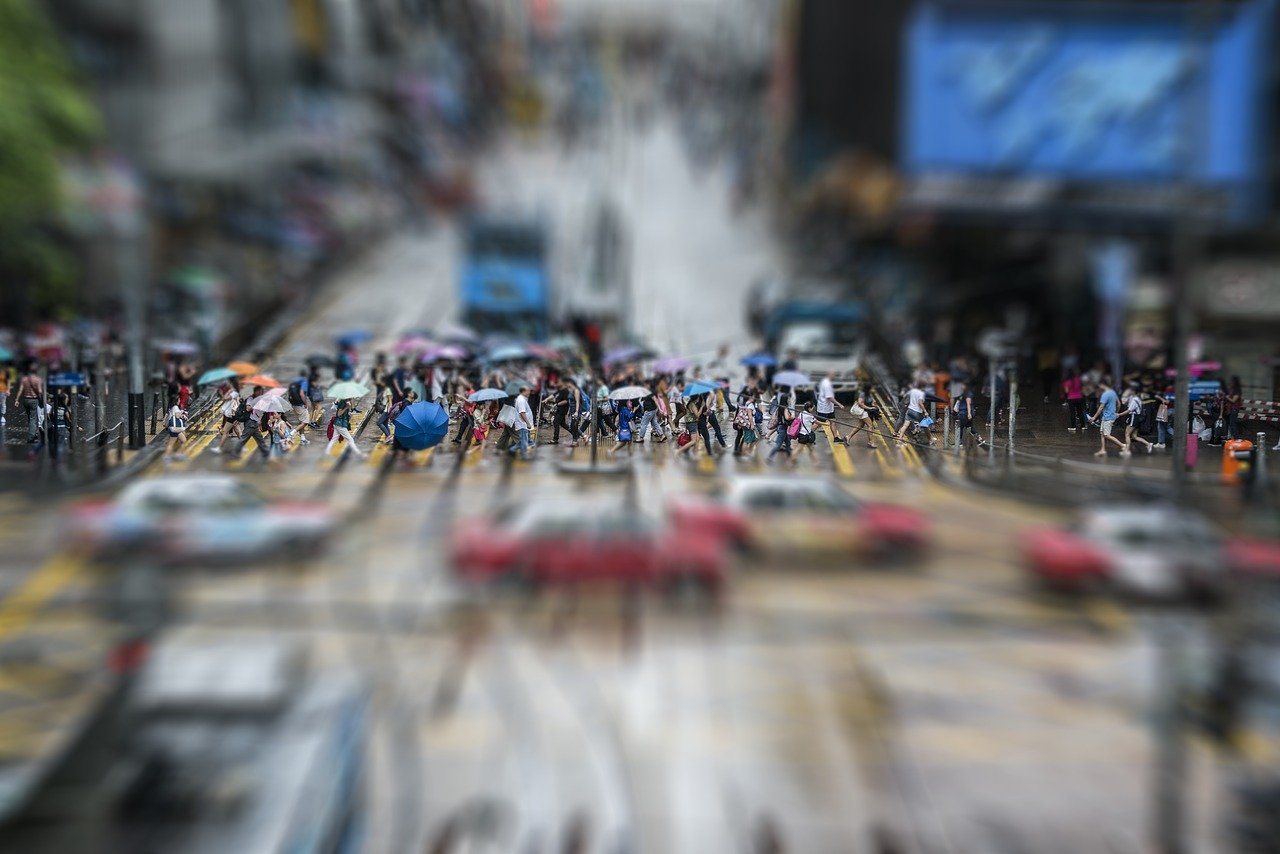
Hong Kong has reported its first Covid-19 reinfection on Monday. The case is a 33-year-old man who was first infected in late March.
The man appeared to have contracted the coronavirus four and a half months later while traveling in Europe.
He had traveled to Spain and returned to Hong Kong via the UK. As part of a screening protocol, a saliva sample was taken upon his arrival. He tested positive for SARS-CoV-2 on August 15.
He did not manifest any coronavirus symptoms during his second infection. Some patients have no symptoms, but researchers think that secondary cases of Covid-19 will be milder than the initial.
The patient showed classic Covid-19 symptoms of fever, cough, sore throat, and headache during his first infection.
The case highlights the concerns about the durability of immune protection from the coronavirus. However, scientists presented broader concerns about reinfection.
Reports on Covid-19 reinfection have sprung from anecdotal evidence and are believed to be caused by flaws in testing.
In the case of Hong Kong, the new Covid-19 reinfection report was studied by researchers at the University of Hong Kong. They sequenced the virus from the patient’s two infections. Results showed that they did not match, suggesting that the second infection was not associated with the first. A difference of 24 nucleotides—the “letters” that make up the virus’ RNA—between the two infections was identified.
“This is the world’s first documentation of a patient who recovered from Covid-19 but got another episode of Covid-19 afterwards,” the researchers said in a statement.
Reinfection
Experts in Hong Kong warned that this Covid-19 reinfection case could be an outlier among the tens of millions of cases worldwide and that immune protection may last longer than a couple of months. Moreover, ongoing studies that monitor recovered Covid-19 patients would help make definitive conclusions.
“There’s been more than 24 million cases reported to date,” Maria Van Kerkhove, a coronavirus expert at the World Health Organization, when asked about the Hong Kong case. “And we need to look at something like this at a population level.”
“What we are learning about infection is that people do develop an immune response, and what is not completely clear yet is how strong that immune response is and for how long that immune response lasts,” Van Kerkhove said. She noted that she was still evaluating the Hong Kong paper.
The immune response the patient showed after his first infection should be considered, according to experts.
“The fact that somebody may get reinfected is not surprising,” said Malik Peiris, a virologist at the University of Hong Kong, who is not an author of the paper describing the reinfection but has knowledge of the case. “But the reinfection didn’t cause disease, so that’s the first point. And the second thing is that it is important to know whether the patient mounted a neutralizing antibody response to the first infection or not. Because the vast majority of patients in our experience do mount a good neutralizing antibody response. So is this person an outlier or is he likely to be the average person infected?”






